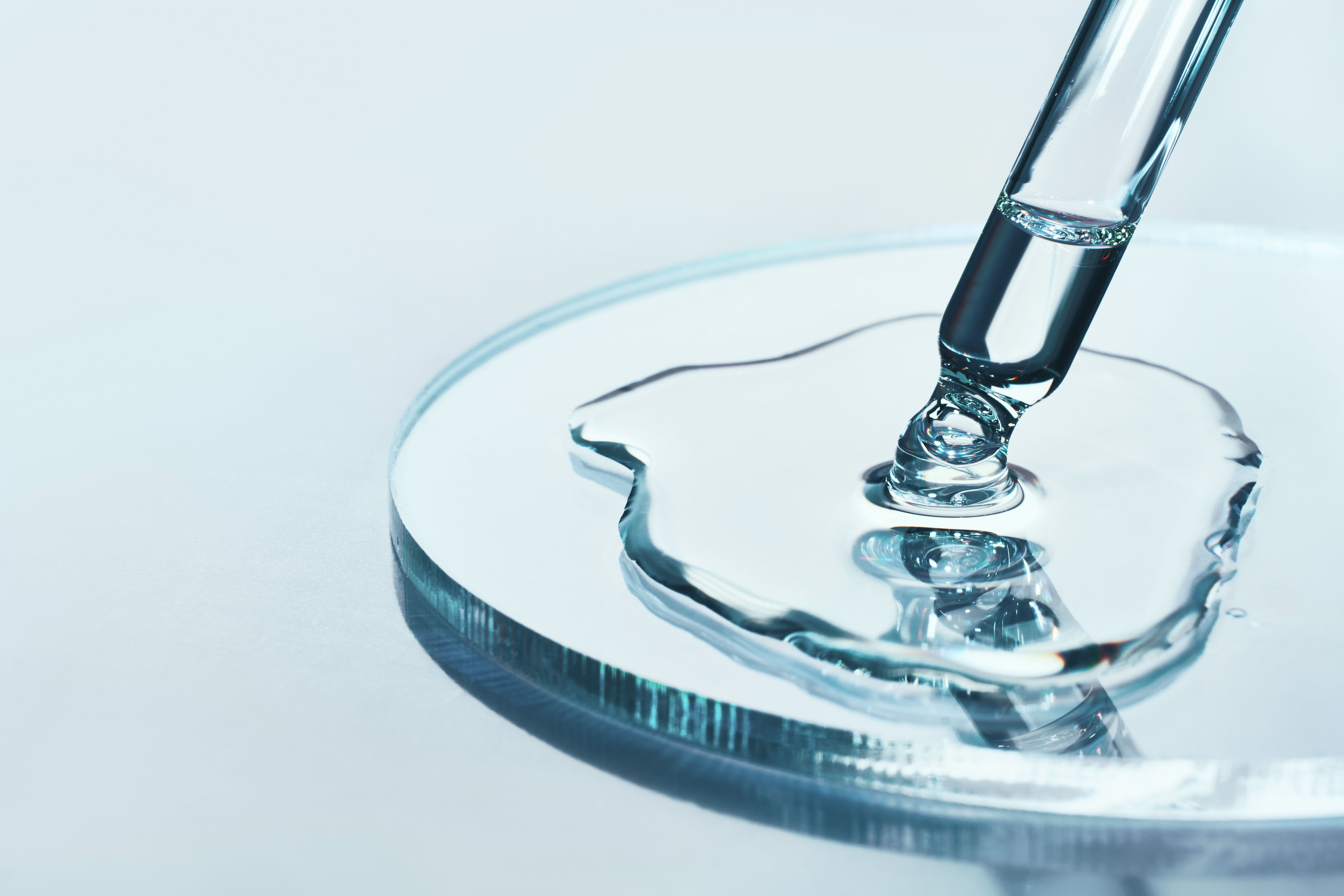
- General Dermatology
- Eczema
- Alopecia
- Aesthetics
- Vitiligo
- COVID-19
- Actinic Keratosis
- Precision Medicine and Biologics
- Rare Disease
- Wound Care
- Rosacea
- Psoriasis
- Psoriatic Arthritis
- Atopic Dermatitis
- Melasma
- NP and PA
- Skin Cancer
- Hidradenitis Suppurativa
- Drug Watch
- Pigmentary Disorders
- Acne
- Pediatric Dermatology
- Practice Management
New Data on Retinol: Patricia Farris, MD, Shares Insights on Anti-Aging
In this study, topical 0.1% retinol significantly improved crow’s feet, facial wrinkles, uneven skin tone, brown spots, and overall photoaging.
Over a span of 12 weeks, participants received daily treatment with 0.1% stabilized bioactive retinol or vehicle alone. (Colnihko/Adobe Stock)

The pursuit of effective and tolerable solutions to combat signs of skin aging remains a top priority for cosmeceutical investigators. Recently, Kenvue unveiled new data in the April edition of the Journal of Drugs in Dermatology, shedding light on the efficacy and tolerability of 0.1% retinol as a cosmetic remedy for aging skin. The study represents the largest clinical assessment of its kind published in scientific literature.1
Patricia Farris, MD

The recent data analysis involved 6 vehicle-controlled studies focusing on women aged 30 and above with mild to moderate photodamage (n = 352). Over a span of 12 weeks, participants received daily treatment with 0.1% stabilized bioactive retinol or vehicle alone. The findings, assessed by Patricia Farris, MD, board-certified dermatologist and clinical associate professor at Tulane University School of Medicine in New Orleans, Louisiana, Dermatology Times Editorial Advisory Board member, served as the lead investigator of this research. She said, “Topical 0.1% retinol significantly improved crow’s feet, facial wrinkles, uneven skin tone, brown spots and overall photoaging when compared to vehicle control.” Results revealed significant improvements in overall facial photodamage and site-specific issues such as forehead wrinkles, crow’s feet, and dark spots. Notably, these improvements were observed as early as week 4 and sustained through week 12.2
“The tolerability of this retinol was excellent with only 3 subjects experiencing peeling and one experiencing redness after using the retinol. All the reactions were mild to moderate and resolved by week 8,” Farris told Dermatology Times. “There is a lot to learn from this study. I think the biggest take-away is that this 0.1% retinol, which is a relatively low concentration retinol, provides excellent skin benefits with a very low irritation potential. The superior performance of this retinol is in large part due to the unique patented emollient blend used in the formulation. This emollient blend stabilizes the retinol, improving bioactivity and slows delivery to the skin, improving tolerability. It's important not to generalize these results. Not all retinols have been rigorously tested and many with even higher concentrations of retinol may not be stabilized and therefore are not as bioactive.”
One of the pivotal aspects highlighted by the study was the tolerability of retinol. Despite concerns regarding potential irritation, researchers reported that any observed irritation was mild to moderate and transient. Farris underscored the significance of these findings, affirming that retinol, along with its vehicle, was well-tolerated throughout the 12-week period.Farris further emphasized the practical implications of these results, particularly in endorsing products such as the Neutrogena Rapid Wrinkle Repair line, which incorporates 0.1% stabilized bioactive retinol.
Retinol, often hailed as the cornerstone of numerous skincare products, has long been recognized for its ability to address various manifestations of skin aging. “I have always viewed retinol as the ideal retinoid because it can provide the same skin benefits as tretinoin without the irritation. I hope this data will reassure practicing dermatologists that it’s worth considering a well formulated, clinically tested retinol when recommending a retinoid for their patients,” said Farris. Kenvue's extensive expertise in aging skin research spans decades, with notable advancements such as the introduction of the first prescription retinoid in 1971 and pioneering the stabilization process of retinol, culminating in the filing of its first retinol patent in 1990.
Menas Kizoulis, Senior Director of Global Scientific Engagement at Kenvue, emphasized the uniqueness of their approach, stating in a press release, "Not all retinol products are created equal...This ingredient is hard to formulate and stabilize, but Kenvue has specific expertise here with over 30 years’ experience formulating and patenting retinol products. This study shows how effective our well-formulated, stabilized bioactive retinol formulations drive clinical skin health benefits.”1
References
- Kenvue publishes largest set of clincial data on anti-aging gold standard: retinol. News Release. Kenvue. April 1, 2024. Accessed April 1, 2024. https://www.kenvue.com/media/kenvue-publishes-clinical-data-on-retinol
- Farris P, Berson D, Bhatia N, et al. Efficacy and tolerability of a topical 0.1% stabilized bioactive retinol for photoaging: a vehicle-controlled integrated analysis. J Drugs Dermatol. 2024;23(4): doi:10.36849/JDD.8124
2 Commerce Drive
Cranbury, NJ 08512
All rights reserved.